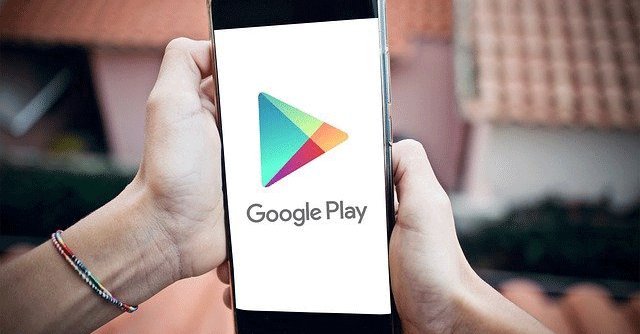
Google to allow third party payments on Play Store in India


Google's pilot on third-party payments in Play Store apps is now being expanded to include developers in India. The pilot was announced globally in March with a small group of developers, including Spotify, in select countries. The company updated its support pages today, announcing that the move is being expanded to six more regions, including India. To be clear, the move applies only to “non-gaming” apps on the Play Store.
“With this next phase of Google Play's user choice billing pilot, all non-gaming developers can offer an additional billing choice alongside Play's billing system for their users in Australia, Japan, India, Indonesia, and the European Economic Area,” a Google spokesperson said in a statement. “We will be sharing more in the coming months as we continue to build and iterate with our pilot partners,” the statement added.
Allowing third-party payments on the Play Store has been a key point of contention between Google and developers worldwide, including India. The company is facing anti-trust battles in various regions, including at India’s Competition Commission of India (CCI), on the issue. “We have always recommended that the billing system should never be a locked-in model. The customer should be free to choose whichever provider they wish to go with and price points should be transparent as available in the open market,” said Rameesh Kailasam, president and chief executive of IndiaTech.org, a startup industry body.

To be sure, Google has said that the service fees paid by developers will continue to apply even in third-party billing. However, every time a consumer uses third-party billing, the service fee for developers will be reduced by 4%. For apps earning less than $1 million in revenue annually, Google charges 15% for using its built-in payments platforms. For others, the fee is 30%.
“It is a flawed argument that app stores do not make revenue, since they charge at every stage right from listing onwards to various embedded functionalities that get used in the whole process,” Kailasam said. Apple, too, charges similar fees for developers and has started allowing third-party billing systems in some regions around the world.
“Charging abnormally high commission on in-app payments adds to the already priced environment and may kill the startup environment. Payment system options should be democratic and transparent and should be on par with market rates and compliant with RBI regulations and laws of the land,” Kailasam said.

On the other hand, lawyers said that allowing third-party billing may not affect Google’s ongoing case at the CCI. In April, the director general (DG) of the CCI submitted its report on Google’s Play Store billing policies, noting that Google was imposing “unfair and discriminatory” conditions which were in violations of India’s regulations.
“This is a welcome policy change and appears to be a pilot case which needs to be implemented in earnest for a possible lenient view of the situation by the CCI,” said Kunal Mehra, partner, at law firm DSK Legal. However, he also added that “any investigation still takes into consideration past conduct, hence if the push for Google’s billing system is found to be unfair, penalties could ensue regardless of the policy change.”
